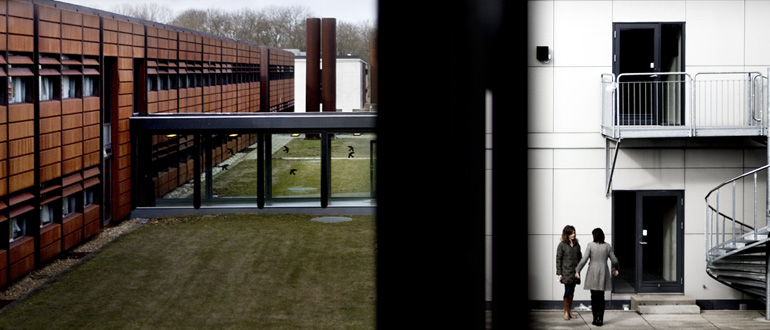| Dato: | 11. november 2020 |
| Tid: | Fra kl. 13:00 |
| Sted: | Prøveforsvaret afvikles online via Zoom |
| Tilmelding: | For tilmelding til Zoom-møde kontakt Rasmus Vangshardt på mail: rv@sdu.dk |
| Opponent: | Professor, Julio Velez Sainz |
| Vejleder: | Sofie Kluge |
| ECTS: | 0 |
Ph.d.-prøveforsvar ved Rasmus Vangshardt
Titel: The World Theatre of Celebration. An Alternative Modern Beginning
The metaphor of the theatrum mundi has not lacked attention in general histories of European literature, but the focus has always been on the world theatre as an expression of cosmological pessimism or as an inherently ‘modern’ experience of illusion and mask-play. The dissertation studies the opposite side of the metaphors metaphysical and historical register: The world theatre as a reason for celebration rather than for pessimism. The present dissertation represents the beginning of such a study by meticulously re-contextualizing and re-reading Pedro Calderón de la Barca’s El gran teatro del mundo.
This leads to a re-thinking of how the structure of the text and its core themes can be viewed. Instead of the traditional focus on the ‘ethics’ of the auto’s play-within-the-play and the epistemological problems of illusion and Vanitas, the dissertation makes a world theatre come to light which functions as a transformation of traditional Baroque ‘problems’ of crisis, death and skepticism rather than their mere expression. With the aid of vocabularies drawn from Kierkegaard, Nietzsche, Benjamin and Gadamer, the dissertation develops a concept of Calderón’s world theatre as an ‘aesthetic theodicy’ which – through metaphor and drama rather than through reason or dogmatics – works to transform the horrors of empirical existence into a vindication of Creation.
The dissertation’s last focus is philsophico-historiographical. With Calderón situated so importantly between the Middle Ages and modernity, his use of the world theatre and the many ‘pessimistic’ or didacticist readings of his world theatre is used as an example of problematic taxonomies of medieval and modern.
A dualist conception of history with a ‘before’ and ‘after’ the occurrence of a state of modernity can have far-reaching consequences for the way, we talk, teach and write literary history. It bears the risk of obscuring our appreciation of the meaning and use of the theatrum mundi in general and of Calderón’s in particular and it hints, such is the concluding section of the dissertation, that too often, a simplified and damaging notion of modernity is at play in literary historiography. Calderón’s world theatre initiated an alternative modern beginning, especially clear in the German-speaking world with the likes of mention Goethe, Schiller, the Schlegel brothers, Eichendorff, Wagner, von Hofmannsthal, Robert Musil and Ernst Jünger where modernity is not necessarily skepticist and where beauty has not disappeared from the world. Calderón might therefore rather be seen as an ‘alternative modern beginning’ and can thus correct certain assumptions of what it means to be modern.
